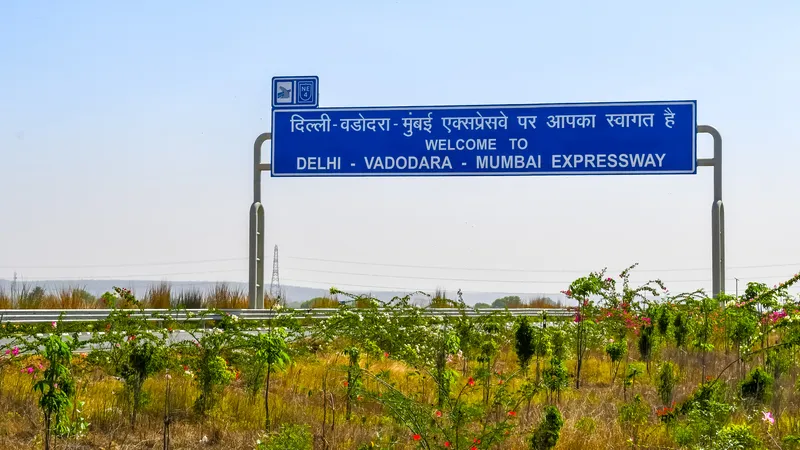
New York City's congestion charging plan has passed another political hurdle with the green light for a public review of how tolling will work.
The Triborough Bridge and Tunnel Authority (TBTA) board, which is coterminous with the Metropolitan Transportation Authority (MTA) board, voted to start the review of Central Business District Tolling.
The process of looking at New York’s congestion pricing programme will be similar to what already happens when MTA proposes fare and toll modifications.
A 60-day period where people can comment via email, voicemail or post will be followed by "hybrid virtual and in-person public hearings that will be held on dates and times to be announced".
Following MTA's Traffic Mobility Review Board's recommendations, most drivers are likely to pay a $15 daily charge for entering Manhattan's central business district.
“People have been talking about congestion pricing for generations – going back to the late ’60s,” said MTA chair and CEO Janno Lieber.
The plan is to keep the toll low, Lieber insists, "providing big night and weekend discounts and also discounts and exemptions for the folks who really need to drive".
Hearings are expected to be held in early 2024, after which the MTA Board will review findings and schedule a vote to authorise adoption.
Toll collection is expected to begin in late spring 2024.
MTA says 60% of the toll system infrastructure is complete, and will continue to be built out while the review is underway.









